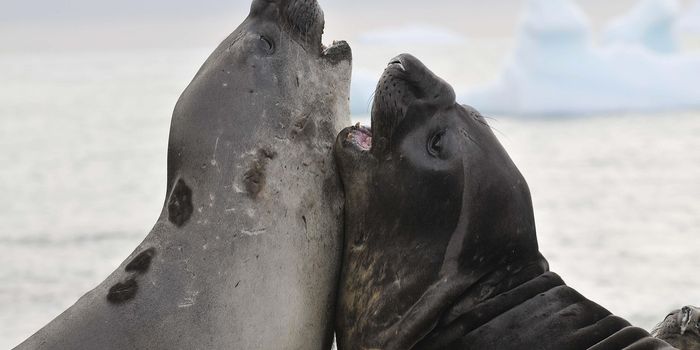New Zealand will ban offshore oil and gas exploration
New Zealand has recently announced that in a salute to the fight against climate change, it will ban new permits for offshore oil and gas exploration. Instead, the country has pledged to power itself with 100% renewable energy by 2035 – it aspires to reach carbon neutrality by 2050. The news comes after the Crown Minerals (Petroleum) Amendment Act passed its third reading in Parliament with 63 votes in favor and 55 against.
"New Zealanders want to see a future for their country where we take action on climate change" Minister of Energy and Resources Megan Woods commented. "Where we have a long-term economic plan for our country, where we have the courage to look beyond the three-year political cycle and plan for the next 10, 20, 30 and 40 years."
Indeed, Prime Minister Jacinda Ardern explains that the government “has a plan to transition towards a carbon-neutral future, one that looks 30 years in advance”. That’s because the act will not affect the current 22 drilling and exploration permits which have time still left on their exploration rights. These permits total an area of roughly 100,000 square kilometers, reports The Guardian.
Prime Minister Ardern stated: "Nothing will change overnight. These existing permits have very long lead times. We'll be seeing oil and gas exploration for a number of years to come. And the jobs—the four-and-a-half thousand jobs in this industry—will continue too. But we're putting a line in the sand and saying, now it's our job to plan for the future," she said. "We will make sure we've got that transition plan in place, and what the future of clean, green, carbon-neutral New Zealand looks like."
Environmental groups and activists tout the decision while the country’s National Party and Petroleum Exploration and Production Association of New Zealand (PEPANZ) opposed the bill. "Today we have passed an incredibly important law for the global climate. This law means that around four million square kilometers of the Earth's surface are now off-limits to oil and gas companies, and any deposits under our deep seas will stay in the ground where they belong," said Greenpeace climate and energy campaigner Kate Simcock.
New Zealand hopes that this step will encourage other countries to pledge similarly in order to protect marine species globally as well as to fulfill commitments made in the Paris climate accord.
Sources: EcoWatch, The Guardian









